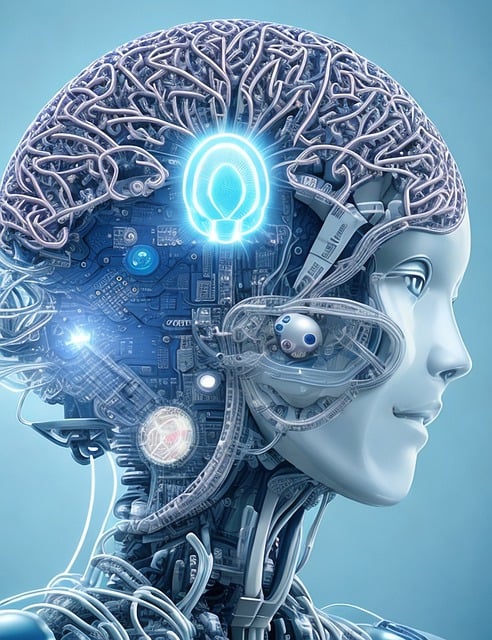Shaping the Future
Artificial Intelligence (AI) is no longer a futuristic concept—it’s a present-day reality that’s transforming industries, revolutionizing technology, and reshaping the way humans live, work, and interact. From healthcare and education to finance and creative arts, AI is driving innovation and unlocking possibilities that were once confined to science fiction.
1. The Rise of Generative AI
One of the most significant breakthroughs in recent years has been the rise of generative AI—systems that can create content such as text, images, music, and even code. Tools like ChatGPT, Midjourney, and DALL·E demonstrate how machines can now simulate human creativity.
Generative AI is being adopted across sectors:
- Marketing teams use AI to draft content and automate campaigns.
- Developers generate code snippets or troubleshoot bugs faster.
- Artists explore new dimensions of visual storytelling with AI tools.
2. AI in Healthcare: Precision and Personalization
AI is revolutionizing healthcare by enabling early diagnosis, personalized treatment, and efficient drug discovery. Machine learning models can detect diseases like cancer or Alzheimer’s from medical imaging with accuracy that rivals or even exceeds human experts.
Applications include:
- AI-driven diagnostic tools
- Predictive analytics for patient outcomes
- Robotic surgeries that improve precision and recovery times
AI also supports mental health apps that provide therapeutic conversations and stress management tools, making mental healthcare more accessible.
3. AI in Everyday Life
AI is deeply embedded in our daily routines:
- Voice assistants like Siri, Alexa, and Google Assistant help with tasks, reminders, and searches.
- Recommendation engines on platforms like Netflix, YouTube, and Amazon use AI to tailor user experiences.
- Smart home devices optimize lighting, security, and energy usage based on our habits.
These conveniences show how AI is making life more efficient and personalized.
4. Autonomous Systems and Robotics
Self-driving cars, delivery drones, and robotic assistants are pushing the boundaries of what’s possible with AI. Autonomous systems rely on real-time data processing, machine learning, and computer vision to navigate and interact with the environment.
While full autonomy in vehicles is still being refined, AI continues to play a vital role in enhancing driver-assist features and traffic management systems.
5. Ethical AI: Challenges and Considerations
With great power comes great responsibility. The rapid adoption of AI also raises critical ethical concerns:
- Bias in algorithms can reinforce social inequalities.
- Data privacy is a growing issue as AI systems rely on large datasets.
- Job displacement due to automation is reshaping labor markets.
The concept of AI ethics is now a core part of tech development, emphasizing fairness, transparency, accountability, and human oversight.
6. The Future of AI: Collaboration Between Humans and Machines
The future of AI isn’t about machines replacing humans—it’s about collaboration. AI enhances human abilities, automates mundane tasks, and frees up time for creativity, problem-solving, and emotional intelligence—areas where humans excel.
In education, AI can tailor learning experiences to individual students. In customer service, AI bots can handle basic queries, while human agents focus on complex issues. The synergy of human intuition and machine efficiency is the key to sustainable growth.
Conclusion
Artificial Intelligence is more than just a technological trend—it’s a paradigm shift. As AI continues to evolve, it holds the power to solve complex problems, improve lives, and create new opportunities. However, to fully harness its potential, it must be developed and deployed responsibly. The journey ahead is filled with promise, and the decisions we make today will shape the future of humanity.
